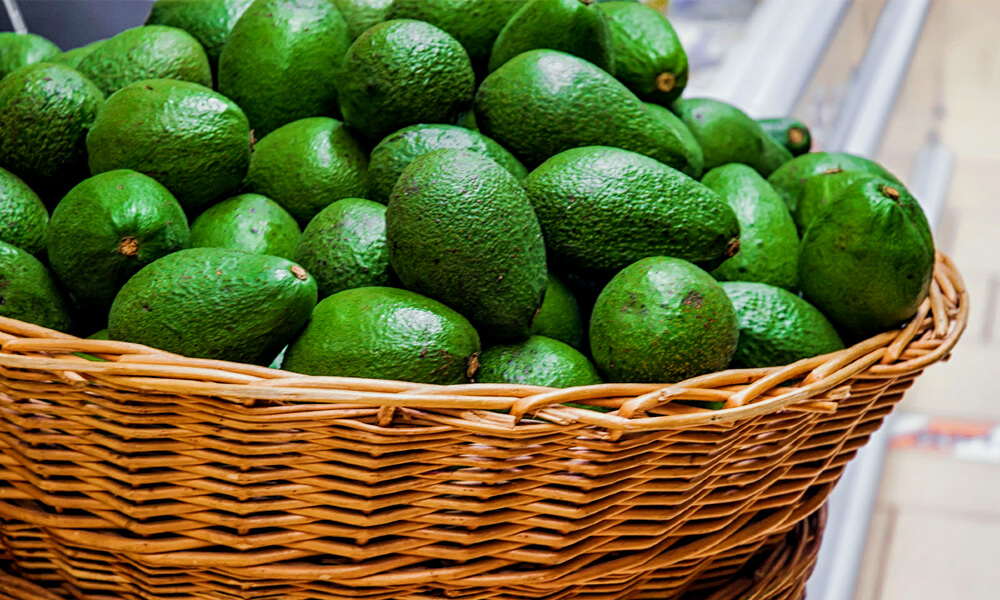
Rwanda’s horticulture industry leaders are projecting a significant increase in avocado exports by the East African country by 2026. According to Seun Rasheed, CEO of Souk Farms, one of the largest growers and exporters of fresh horticultural produce in Rwanda, the country’s favorable climatic conditions and supportive government policies have strengthened their position in the international agricultural market.
Rwanda’s agriculture and horticulture exports date back less than 10 years, but they are fast becoming a crucial part of the country’s economy, accounting for 33% of the national GDP. The increase in fruit and vegetable exports is primarily driven by avocado, French beans, bird-eye chilies, and habanero chilies. Rasheed projects that avocado exports could increase by over 600% to 16,000 tons per year by 2026 based on trees planted to date.
The avocado market is evolving towards more sustainability, and the need for cost-effective transportation chains, including sea freight, is becoming increasingly necessary. In the current production, Rwanda exports 200-250 Metric tons of avocados per month, primarily to the United Arab Emirates. However, mass avocado production is expected to double the avocado production in Rwanda in the coming years.
The agriculture sector is the backbone of Rwanda’s economic activity, with roughly 70% of the community engaged in the sector, and around 72% of the working population employed in farming and related activities. Rwanda’s horticultural exports have been steadily growing over the last decade and are now established in addition to tea and coffee, traditionally shipped by the country. In conclusion, Rwanda’s horticulture industry’s efforts and strategies towards sustainability will undoubtedly lead to the growth and expansion of the sector in the coming years.


















